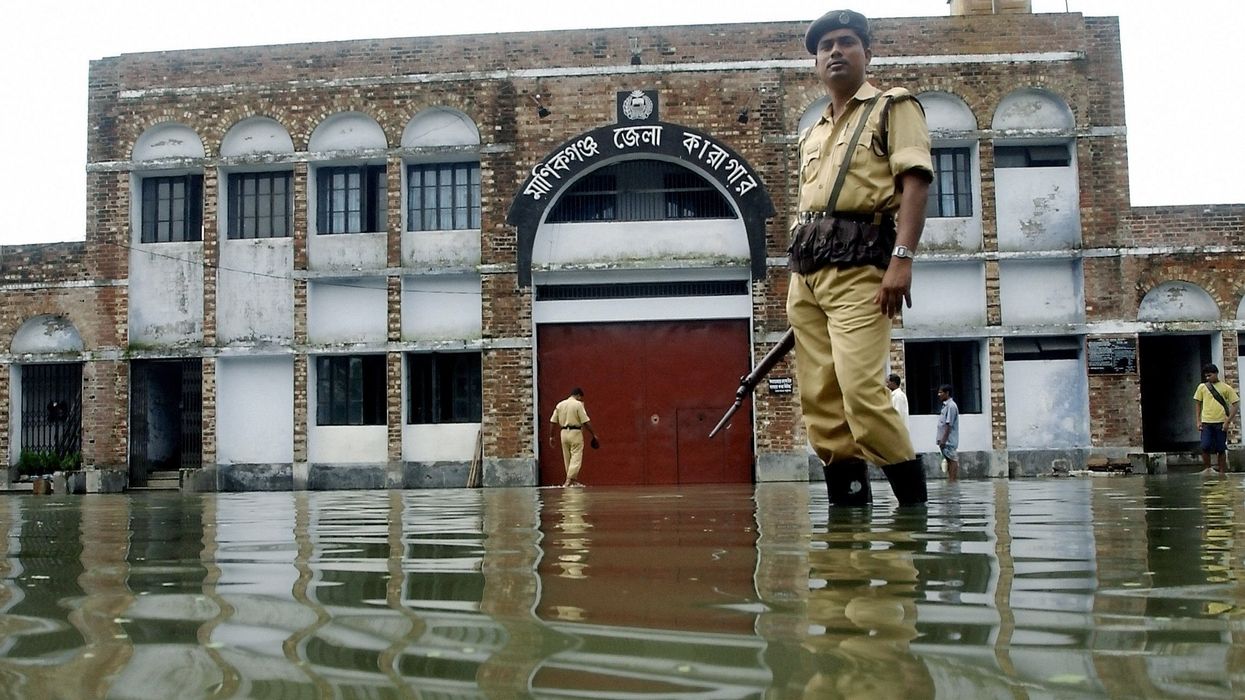A BANGLADESH court ruled on Monday (13) that death row prisoners could not be held in solitary confinement until their appeals had been exhausted, in what lawyers called a major rights victory for inmates.
More than 2,500 convicts in the country have been sentenced to death, with most kept in solitary “condemned cells” for years on end. Rights activists said the practice is severely detrimental to the mental health of prisoners, who can spend up to 20 years in the cells while appealing their sentences through the country’s glacial legal system.
The high court ruled that death row prisoners could only be kept in solitary once they had worked through all their avenues for legal appeals.
“It is a landmark verdict,” Mohammad Shishir Manir, a lawyer for three prisoners who challenged the practice, said.
“It means from now on no prisoner can be kept in a condemned cell in solitary confinement just after a trial court verdict.”
Manir said around half of Bangladesh’s death row prisoners have historically been exonerated on appeal. “By the time these prisoners are released, they no longer behave like a normal human being. Many suffer from mental problems. Some have major health issues,” he said.
The court gave Bangladesh’s chronically overcrowded prisons two years to shift all death row inmates to general wards.
The number of death row prisoners has spiked in recent years as hundreds of convicted Islamist extremists have been handed capital sentences in the Muslim country.
Executions remain relatively rare given the size of Bangladesh’s death row population, with 20 people hanged since 2018, according to the country’s leading rights group Odhikar.
“For years, we have raised voice over the plight of death row convicts, whose rights were heavily compromised in the prisons,” activist Rezaur Rahman Lenin told AFP. “This is just one step in the right direction. The best thing would be to abolish the death penalty or declare a moratorium on all executions.”




